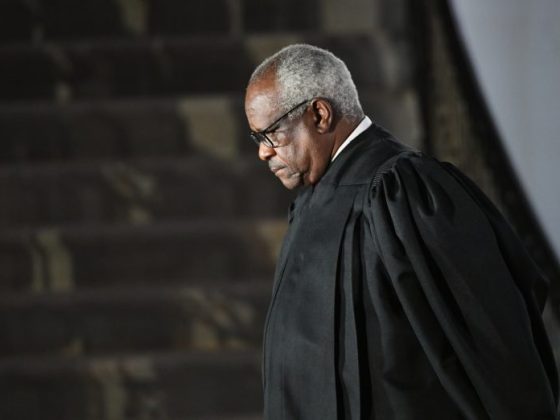In a remarkable development within U.S. politics, House Republicans are moving forward with an unprecedented action, scheduling a vote on Tuesday to consider the impeachment of Homeland Security Secretary Alejandro Mayorkas. Spearheaded by GOP Representative Andy Biggs of Arizona, this initiative is an arduous display of escalating tensions between Republicans and the Biden administration, focused primarily on immigration policies.
At the heart of the issue is the Republicans’ discontentment with Mayorkas’ implementation of immigration policies, particularly at the US-Mexico border. Critics argue that under Mayorkas’ supervision, the Department of Homeland Security (DHS) has failed to diligently secure the border. They claim that the Secretary’s lackadaisical approach to immigration policy enforcement has resulted in an influx of cross-border migrants, contributing to what they perceive as a humanitarian and national security crisis.
Leading the charge, Representative Biggs introduced a resolution in July, citing Mayorkas has failed to maintain operational control of the border as required under the Immigration and Nationality Act. Furthermore, Biggs posits that Mayorkas has violated his oath to uphold and enforce federal laws by reportedly instructing border patrol agents to disregard some measures.
Upon discussion, if the Republicans collectively agree that Mayorkas has been irresponsible or neglectful in discharging his official duties, an impeachment resolution would be initiated. Impeachment, if successful, would result in the removal of Mayorkas from his current position. However, it’s important to note that impeachment is a lengthy process and notoriously difficult to execute – especially considering the Democrats’ majority in the House.
Despite this, Republicans’ move to hold the Tuesday vote signals their commitment to holding public officials accountable for policy decisions and actions, demonstrating the party’s inclination to leverage every available tool to manifest their opposition to the Biden administration’s immigration strategy.
Still, the Democrats have ardently defended Mayorkas and the Biden administration’s immigration policy. They contest that the Secretary has been proactive in dealing with border-related issues, has taken steps to address root causes of migration, and efforts are underway to devise long-term solutions.
Transitioning from the previous administration’s strict immigration controls to the current, more humanitarian approach has proved challenging and given rise to a host of operational intricacies. The DHS, under Mayorkas, has been seeking to balance these changes while grappling with an uptick in migrant arrivals.
The upcoming vote by the House Republicans sparks numerous questions about the balance of power, the efficacy of immigration policies, and the path forward for DHS under Mayorkas. Ultimately, whatever the outcome of the Tuesday vote, the event signals a significant shift in political dynamics and augurs profound implications for ongoing immigration policy debates within the United States.











